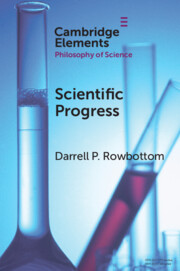Refine search
Actions for selected content:
1 results

Scientific Progress
-
- Published online:
- 18 September 2023
- Print publication:
- 12 October 2023
-
- Element
- Export citation
